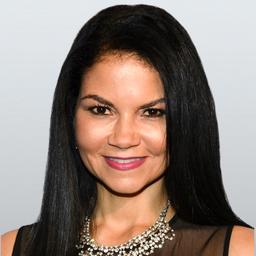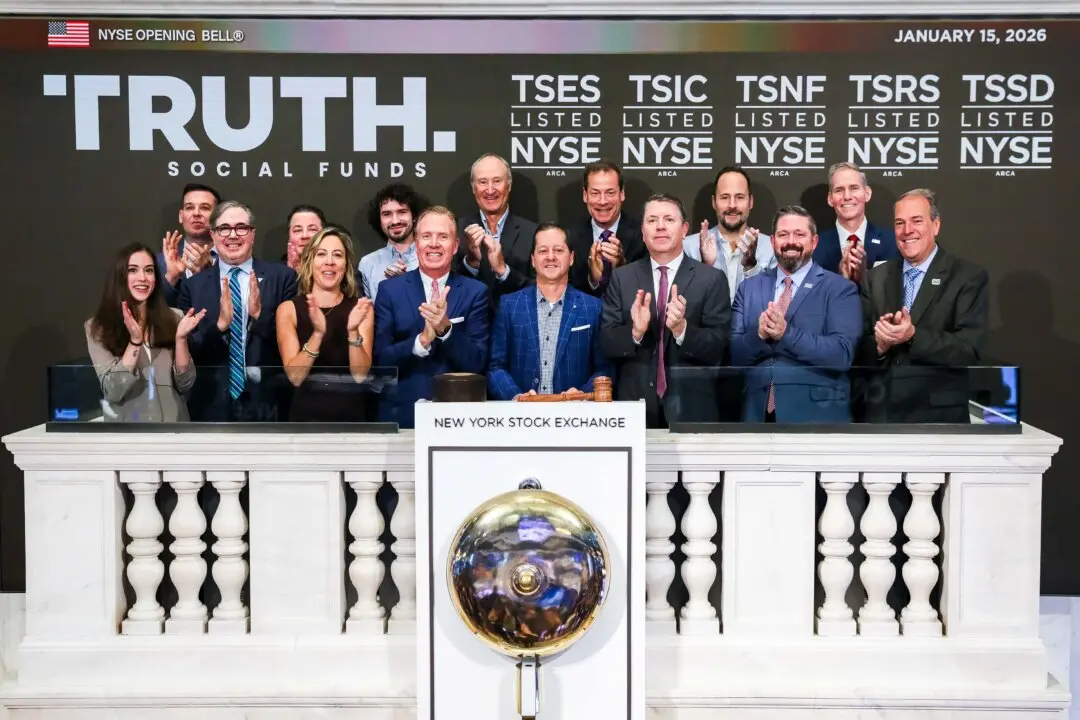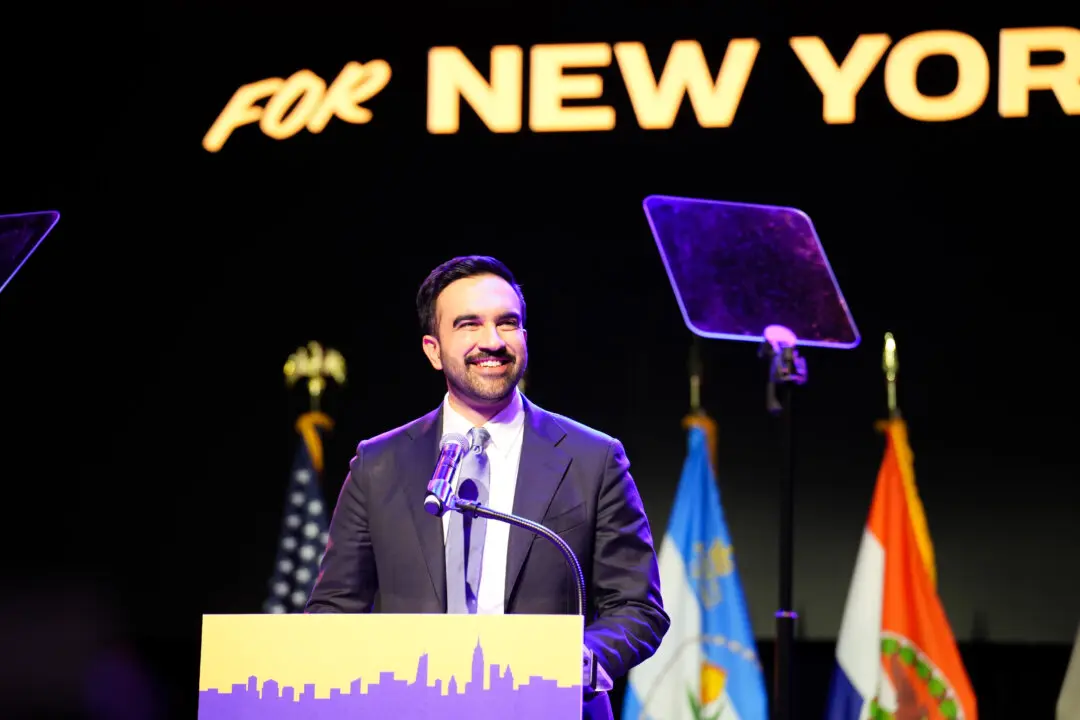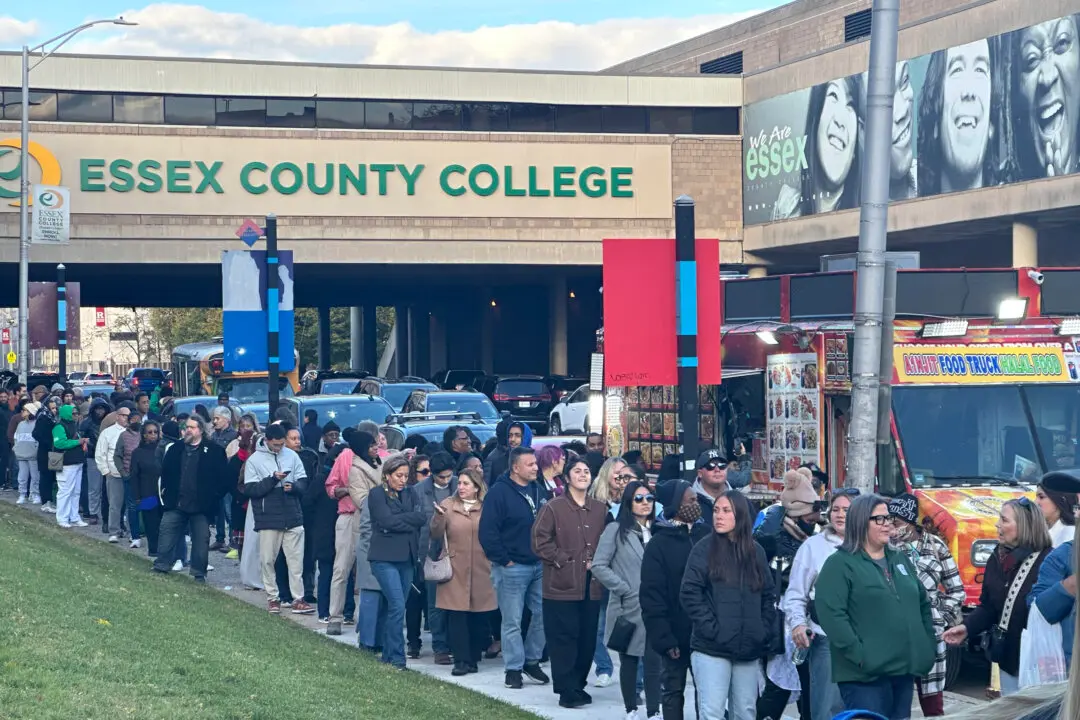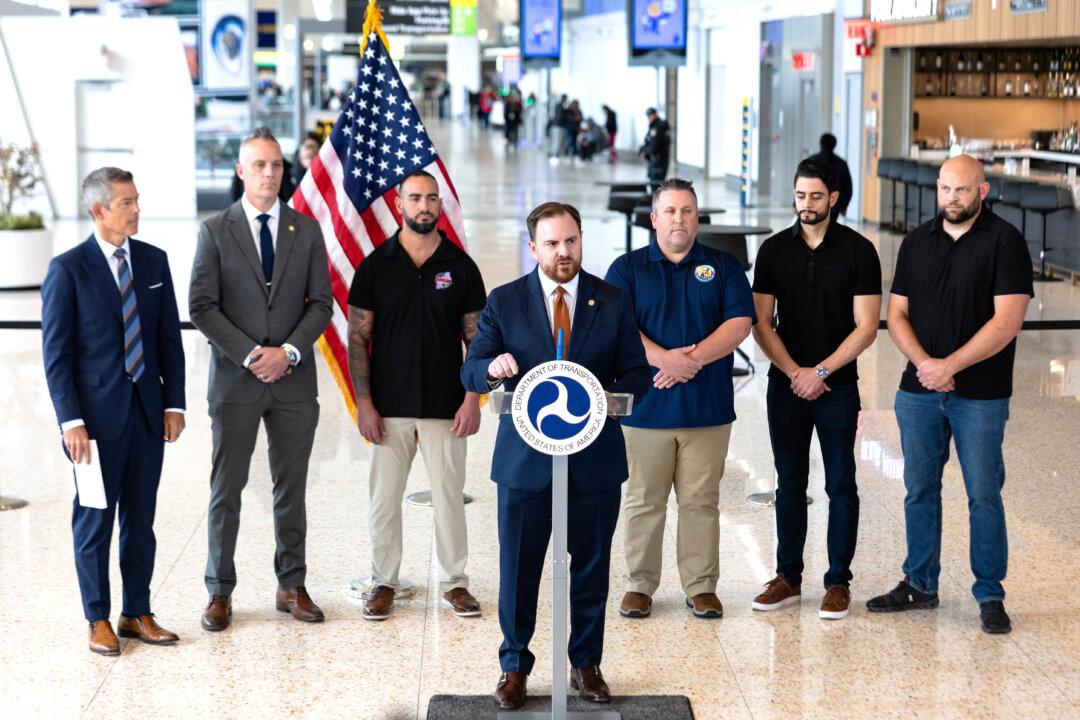As a performer at Chez Josephine on West 42 Street, Dante Harrell is often on stage and surrounded by an audience, so when he heard about Mayor Bill de Blasio’s plan to implement a vaccine passport, it made him feel safe.
“Our elected official is looking out for us,” Harrell told The Epoch Times. “He doesn’t want performers to get sick and he doesn’t want the public to get sick.”

